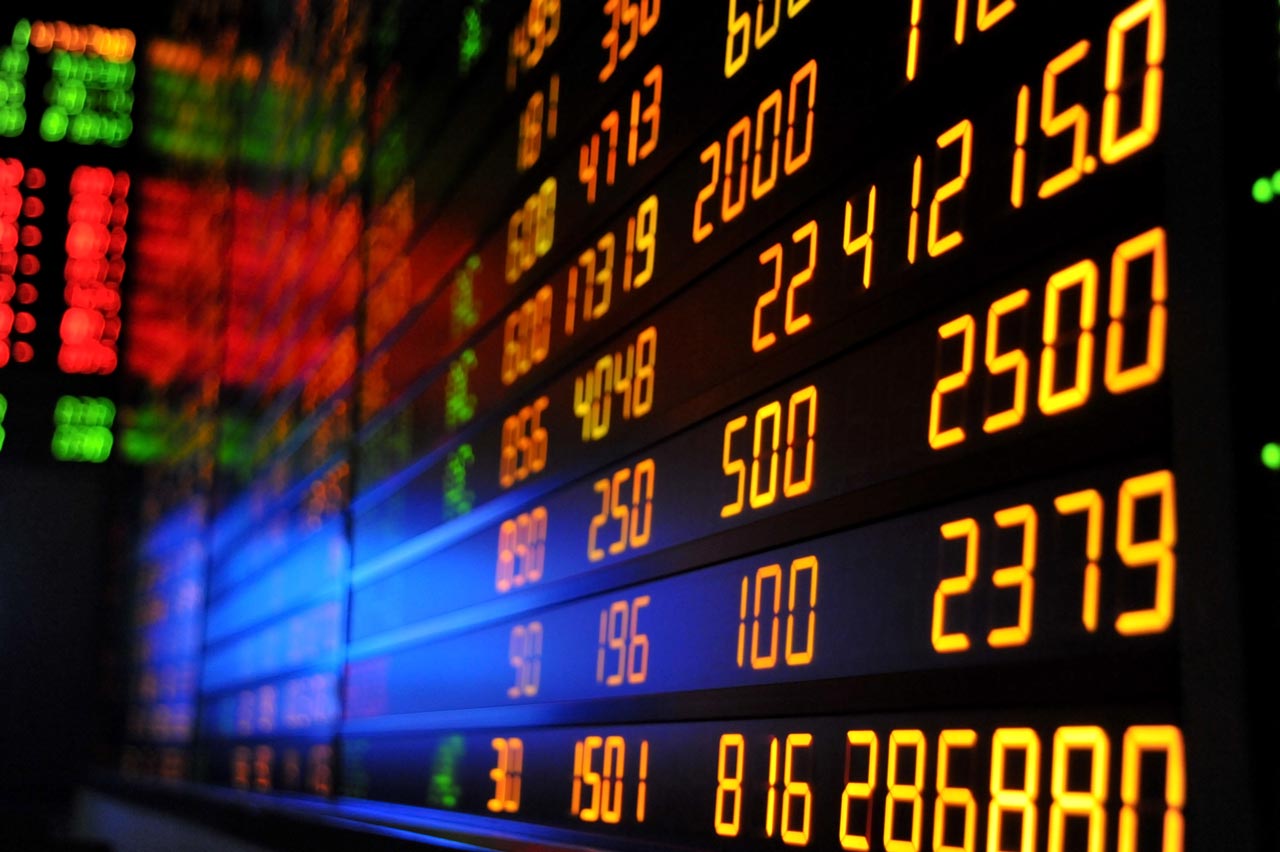Access Premium Content
If you are a client, please enter your name & email address below. You will be redirected to the premium content once the form is submitted.
While appearing on CNBC last Friday with other guests, we all sahred the same feelings that the market is making “decent” progress in the month of February. I mentioned to the audience that Greece is going to be resolved in some manner and for this reason the market has seen improvement over the past few weeks. Yet, the uncertainty of Greece has definitely been challenging. Remove this uncerrtainty and this is when the markets can resume its progress.
If you step back and you look around the world, the major wrold economies are all slowing including China, Japan and Europe. Yet the US is doing better than those countries propted up by a strong US dollar and labor market. I expect more international investors are eyeing the US to put money to work as a result of these strong trends.
I have noted in the last couple weeks that the advanced decline line was doing better; meaning more stocks up than losers on a given day. It turns out that the advance/decline line was a precursor for the averages’ recent moves into new highs. We will watch the advance/decline line to see if it falters because that could also signal a potential downturn.
I also noted that last time we’re near record highs that the Vix (a measure of volatility and also a fear gauge) was very low . The last time the markets were at record levels, the Vix was under 12. Now it’s elevated at 15. So it’s kind of like climbing the proverbial “wall of worry,” while the averages are going up, there is some elevated fear still out there and investors taking precautions and protecting their positions (a hedge).
In case you missed my CNBC comments last week, here is the partial segment:
Stocks ended another positive week at record highs, sending the Dow above 18,000 and the S&P 500 to a new record close. Investors reacted positively to firming oil prices and news of a possible peace deal in Ukraine. For the week, the S&P 500 gained 2.02%, the Dow rose 1.09%, and the Nasdaq grew 3.15%.1
There were a few factors behind the week’s rally, which erased previous losses and brought the major indexes back to positive for the year. Oil prices, which have been falling steadily for months, may be bottoming out as production declines and the number of oil rigs fall. Markets have been sensitive to oil prices and a slight bounce last week was enough to send stocks higher.2
The deteriorating financial situation in Greece was also in focus. As Greece nears its deadline for a new round of loans from the EU, encouraging remarks from Greek leaders suggest that an 11th-hour deal may be possible. Greece is seeking a new debt agreement with EU lenders that would allow it to back out of the painful austerity measures that have been imposed by creditors since 2010. If no agreement is reached, Greece would probably seek loans from alternative sources (like Russia or China), potentially damaging internal financial relations within the EU.3
Investors also reacted positively to better-than-expected growth numbers from Europe, which showed that the Eurozone economy grew 0.3% in the fourth quarter of 2014. Germany’s economy outperformed, growing 0.7% on strong domestic demand. Even better, only three countries in the 18-member zone experienced economic contractions: Greece, Finland, and Cyprus.4
Oil will likely be the source of more market activity during this holiday-shortened week as analysts try and determine whether crude oil prices may be stabilizing. The effects of a Russia-Ukraine ceasefire may also ripple through oil markets, causing additional volatility, though we can hope for further market growth.


